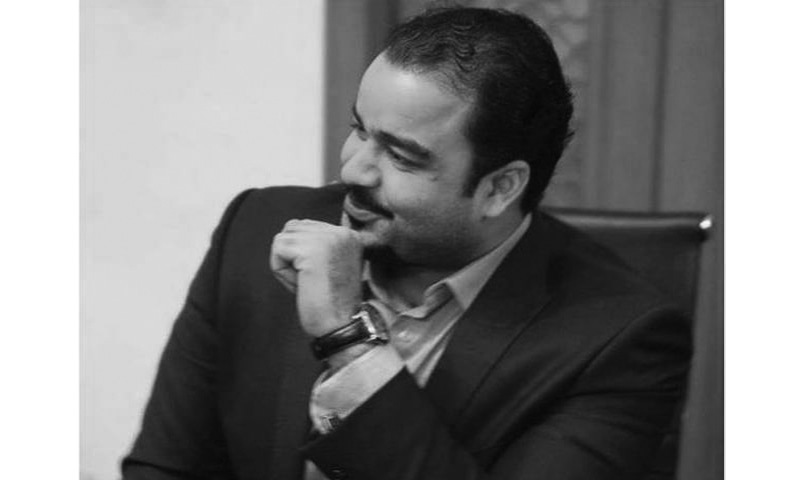Talking Heads 2019 - Part Two
Published in Nov-Dec 2019
1. In your opinion, how relevant/irrelevant is AdAsia to Pakistan’s marketing and communications industry?
2. As Pakistan’s marketing and communications industry moves into 2020:
i) What are the three biggest changes to have impacted your agency/brand communication efforts in the last decade and what concrete steps have you implemented to adapt to them?
ii) What further changes will you implement in order to ensure your agency/brand stays relevant?

Muhammed Hassan Ansari
Executive Director, Argus Group
1 Relevant: The advertising and marketing industry around the world is going through an interesting period of change. At a time like this, the views and knowledge to be gained from practitioners in other parts of the world will be invaluable for Pakistani advertising professionals. To survive in a changing marketing landscape, agencies must evolve – and the surest way to do that is to widen their perspectives.
2 i) The inclusion of digital in the media mix, the changing print/electronic media landscape and falling revenues due to overcrowding in the industry. We have expanded aggressively into digital, invested in our media departments and streamlined operations to bring ourselves in line with revised revenues.
ii) Agencies are at risk of becoming irrelevant in the new marketing landscape. To survive, agencies must reinvent their role. They must be seen more as consultants to the client, as an extension of the marketing team, rather than a tool to be used when needed. We are moving in this direction.

Sohail Aziz
CEO, Message Communications
1 Relevant. It will help Pakistan come out of isolation and project a positive image while opening up opportunities in new markets.
2 i) Advertising has become a complete science. Bite-sized content projected through multilayered media is the new trend. Social media has led to personalised advertising as advertisers have more methods to collect data.
ii) Simple services win. If consumers cannot do it in three clicks or less, they will not stick around. Social media has caused advertisers to depend on consumers as the face of their brands. To survive in this hyper-competitive world, brands have to be agile and adapt and react quickly.

Usman Attique Butt
CEO, Interlink Advertising
1 Relevant. It will empower learning, encourage networking and spotlight case studies and future goals. AdAsia 2019 will be a milestone for the industry and we will learn much from this occasion.
2 i) Brands are converting to digital. The rise and fall of public sector advertising may impair the industry. Skilled and adjustable HR resources which our universities are failing conclusively to produce. Charles Darwin said the most adaptable will survive, not the strongest; so here we are surviving.
ii) Focus on content on digital platforms. YouTube’s large user base has given advertisers the ability to test in almost real-time how engaging their ads are. If your target audience is no longer forced to watch the content you create, you will have to put in more time and effort making ads better.

Aleem Durrani
CEO, Media Pulse
1 Relevant. It’s a welcome return as AdAsia makes a comeback in Pakistan. It will send positive vibes across Pakistan’s marketing circles.
2 i) Rise of digital marketing: We have up-skilled our people and brought in advanced tools to adapt to digital and we have acquired an international affiliation. Generation shift: As our target markets move from Generation X to Generation Z, we have changed communication strategies accordingly. New customer value proposition: The 4Ps of the marketing mix are replaced by 4Es (engagement, experience, exclusivity and emotion) and we are addressing the change with new skills, teams and tools.
ii) As marketing gets real with customers building one-to-one relationships with brands, distrusting superficial messaging, and asking for meaningful stories, we will adapt our communication strategies accordingly.

Comments (0) Closed